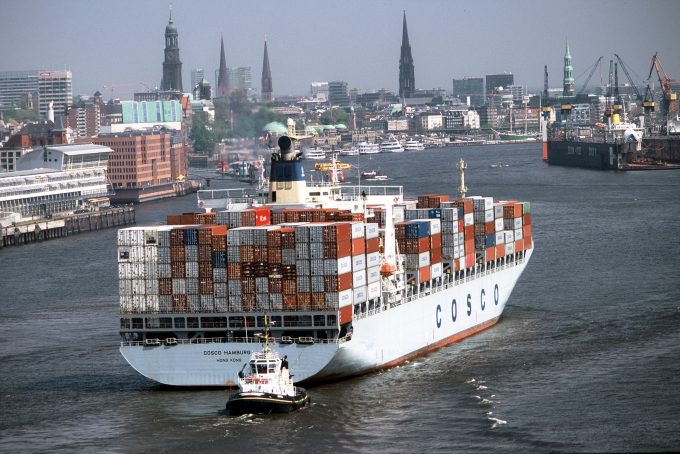CMA CGM gets closer to rival carriers on Indian trades
CMA CGM appears to be warming to new network partners on Indian trades to compete ...

Shipping lines serving North Europe’s third-biggest container port, Hamburg, are bracing for further industrial action after wage talks were aborted at the weekend.
Negotiations between German port employers and dockworkers trade union ver.di ended without a result on Saturday after 10 hours. The union described a revised offer from the Central Association of German Seaport Companies (ZDS) as “inadequate”.
“This offer is far below the real wage protection demanded by ver.di, in view of the current rate of price increase of 7.9%, and ...
Asia-USEC shippers to lose 42% capacity in a surge of blanked sailings
USTR fees will lead to 'complete destabilisation' of container shipping alliances
New USTR port fees threaten shipping and global supply chains, says Cosco
Outlook for container shipping 'more uncertain now than at the onset of Covid'
Transpac container service closures mount
DHL Express suspends non-de minimis B2C parcels to US consumers
Zim ordered to pay Samsung $3.7m for 'wrongful' D&D charges
Flexport lawsuit an 'undifferentiated mass of gibberish', claims Freightmate

Comment on this article